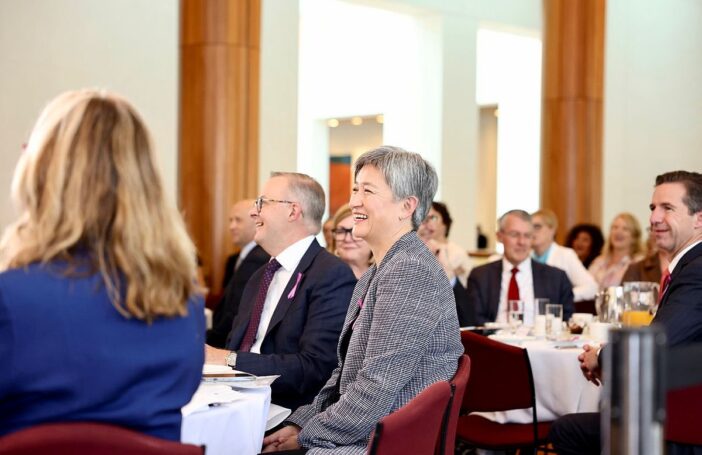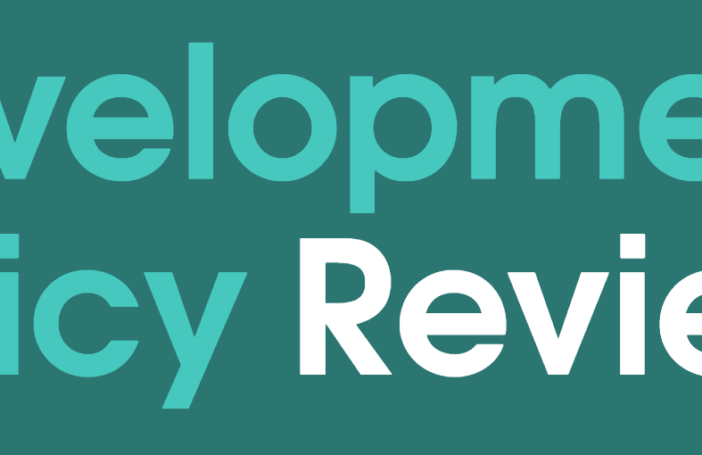Owen Barder muses over the latest CGD Commitment to Development ratings and wonders whether we’ve hit high tide for globalisation.
On similar matters, Dani Rodrik has an excellent paper [pdf] on the tensions between global and national equality, and the challenge of a feasible, equitable globalisation.
Similar topics are also on the mind of Columbia University professor Jeffrey Sachs, who has penned a new op-ed series on foreign policy for The Boston Globe [note that the Globe allows 5 free articles per month before subscribing]. In the first installment, Sachs writes “Our mindset — conflict or cooperation — will shape not only our arms spending, but our chances to control global warming, fight newly emerging diseases, and invest together in cutting-edge technologies.”
Gambia’s troubled election, which ousted long-term president Yahya Jammeh, marks a significant transition in the country. Joseph Stepansky reports for Al-Jazeera on exiled Gambian journalists, activists, and others now contemplating a return to the country they fled under Jammeh’s rule.
A new report [pdf] commissioned by the Australian Red Cross outlines the problems that follow unsolicited donations after Pacific humanitarian responses. The report finds that while Australians and others are often exceptionally generous and want to help after disasters, unsolicited donations are often inappropriate for the climate, culture, or needs of the affected. It calls instead for increased messaging before disasters take place that sending cash is the most effective way to assist.
Charles Kenny asks how much aid is really lost to corruption. The short answer: not nearly as much as sceptics claim; but we don’t know exactly; and aid’s supporters would be able to engage in these debates if they made a real effort at gathering evidence on aid outcomes.
Contrary to our cautious optimism in an earlier fortnightly links post, the new president has wasted little time revealing where he stands on foreign aid. Just before taking office, the New York Times reported on his transition team’s queries to the State Department about Africa, which indicate a lack of understanding and scepticism about aid. Then this week, President Trump brought back — and extended — the Global Gag Rule. Vox explains what it is and what its likely consequences will be.




